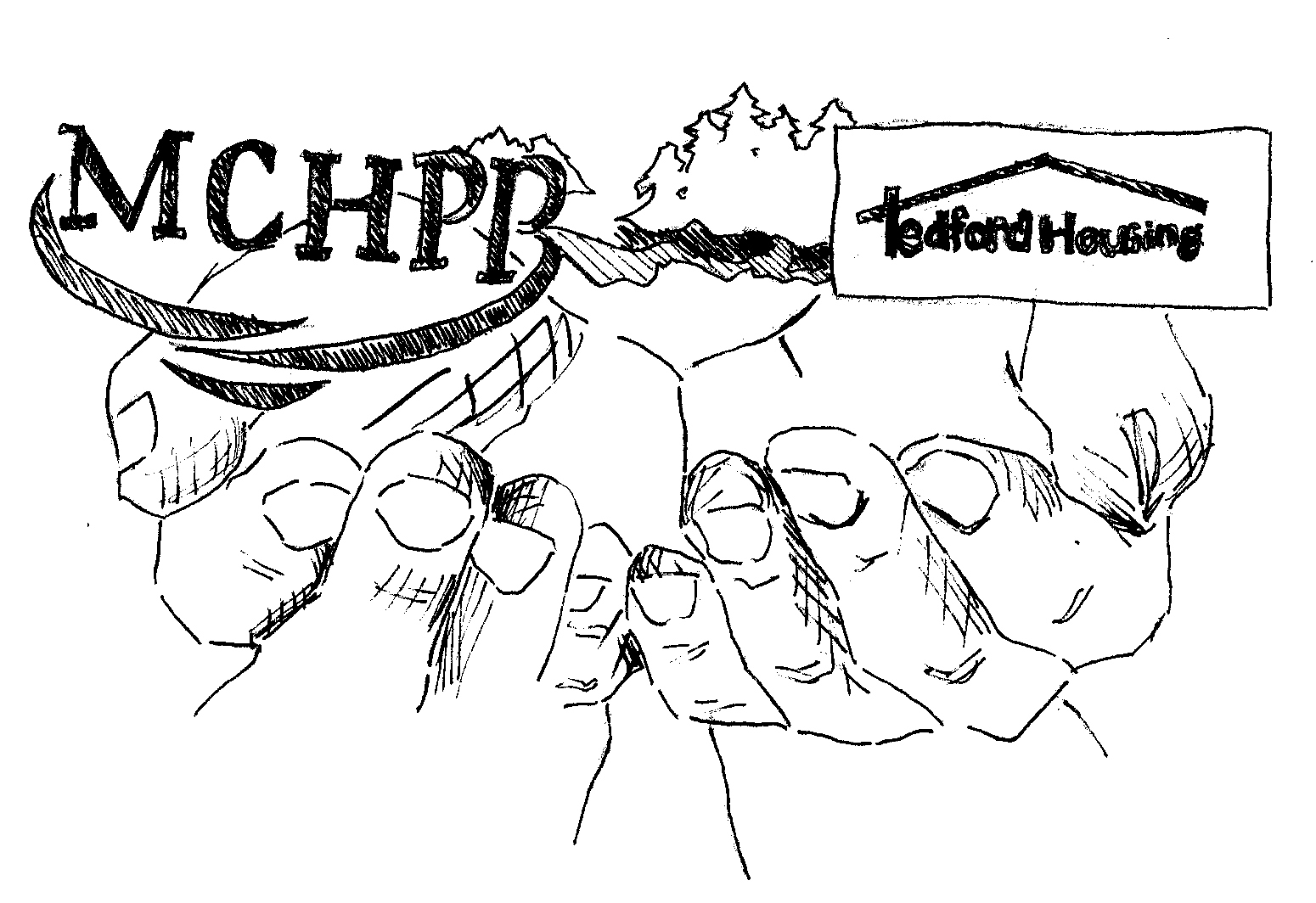To address the Bowdoin-Maine divide, we must go deeper
February 15, 2019
 This
piece represents the opinion of the author
.
This
piece represents the opinion of the author
.
 Phoebe Zipper
Phoebe ZipperThere are two homeless shelters within walking distance of campus. Many Bowdoin students, maybe even most, don’t know they exist. Tedford Housing operates both shelters, one on Federal Street and the other on Cumberland Street, which together provide safe and temporary housing for six families and 16 individuals. There are rarely any vacant beds. With the capacity to serve 165 individuals and families each year, Tedford Housing must turn away almost 600 more individuals who call asking for emergency housing.
Since my first year at Bowdoin, I’ve been involved with the Joseph McKeen Center for the Common Good. To deepen my connection to the Common Good and the community, I started working there as a McKeen Fellow. I worked at Tedford over the summer and learned firsthand how Tedford, as the primary agency helping this area’s homeless and people at risk of becoming homeless, comprehensively address the growing problem of homelessness and limited affordable housing in the southern midcoast region. Last week’s column by Lowell Ruck ’21 on the Bowdoin–Maine divide inspired me to voice what I’ve learned and to add to his perspective with my own—not as a Mainer but as someone grateful for the opportunity to engage with Maine.
As Bowdoin students living in Maine for four years, it’s our privilege and responsibility to understand what’s happening in our local community. Had I not directly engaged with Tedford, I would have never fully understood the true extent of homelessness in the midcoast region. To truly gain familiarity with the realities and lived experiences faced by our neighbors right here in Brunswick, I believe that all Bowdoin students should find and commit to their own path out of the Bowdoin Bubble through consistent engagement with the community.
Bowdoin is known for its commitment to the Common Good, and we pride ourselves on our ability to communicate across difference and are provided with plenty of opportunities to grow our understanding of social inequality in the world beyond Bowdoin. This may happen through conversation in the classroom or with our friends in the dining hall. But usually they’re just that, conversations. Perhaps we’ve gotten too good, too skilled at intellectualizing rather than actively engaging with the people actually experiencing and addressing these issues.
For many of us, we keep community issues at arm’s length, distant from our daily lives. However, many Brunswick residents, mere steps from campus, face the very issues—hunger, homelessness, access to healthcare, just to name a few—that we so comfortably conceptualize at the intellectual level. Only until we directly involve ourselves and recognize the expertise housed in our very community can we call ourselves knowledgeable and consider our contributions helpful or effective.
I challenge everyone to do their part: meet Brunswick. Really meet Brunswick. Yes, we are all busy. But as students living in Brunswick for four years, claiming a connection to place and a commitment to the Common Good, we should prioritize experiences in the community that accurately educate and connect us to this place.
The first step is educating yourself on challenges facing Brunswick and how the community has chosen to address them. When you head to Hannaford, be aware of what surrounds you. Behind it you’ll find Midcoast Hunger Prevention Program, a food pantry and kitchen and the Gathering Place, a drop-in day shelter—two vital community resources. Read the Times Record’s “Giving Voice” column—featuring stories from the “Core Four” organizations of Brunswick: Tedford Housing, The Gathering Place, Midcoast Hunger Prevention and Oasis Free Clinics—to stay informed on the issues faced by the local community attend the Town Hall meetings (with me!) on establishing a combined shelter and comprehensive resource center in town.
The next step is direct engagement and service, through which you will learn even more from people on the ground. Beyond participating in a Community Orientation Trip, Common Good Day, an Alternative Break Trip or enrolling in a community-engaged course on a temporary basis, seek out long-term relationships with a cause meaningful to you right here in Brunswick. Tutor in a local school, volunteer at MCHPP or Oasis Free Clinic, collaborate with a community partner for an independent study or honors project or intern at a nonprofit. These are just a few ways of going about it.
I want to offer myself, Annie (acrose@bowdoin.edu), and the McKeen Center as a resource for you to help explore opportunities outside of the Bowdoin Bubble.
Annie Rose is a member of the Class of 2020.
Comments
Before submitting a comment, please review our comment policy. Some key points from the policy:
- No hate speech, profanity, disrespectful or threatening comments.
- No personal attacks on reporters.
- Comments must be under 200 words.
- You are strongly encouraged to use a real name or identifier ("Class of '92").
- Any comments made with an email address that does not belong to you will get removed.

Excellent column. True to the Common Good philosophy. Thanks!